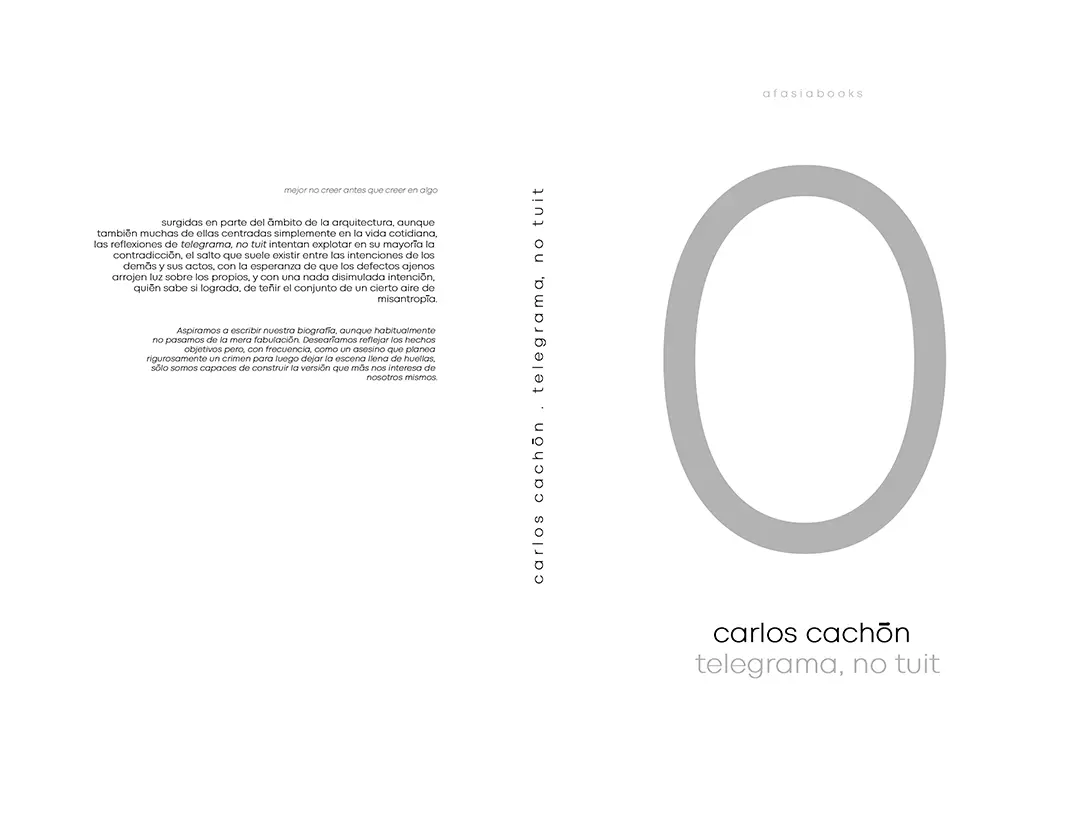Special Mention . aybar mateos arquitectos
A change of productive model has been happening for the last decades in front of our eyes. Big companies have grown bigger and the impact they have in their close surroundings serves one main goal, bigger benefits.
COUVET [CH]….DUBIED-SITE ON BOTH SIDES OF THE AREUSE RIVER
When these business need to adapt to changes they rarely do, and normally collapse, creating a huge social an urban impact. And we can find a very clear example of this process in Couvet Dubied site.
The system should be able to become more adaptable to changes and more innovative economy of scale vs. economy of agglomeration as Manuel de Landa as described it. New spatial and urban proposals should take into consideration these principles and work into physical valuable heritage of these obsolete industrial models.
This kind of industries are capable to adapt to change and colonizing existing infrastructures with new elements, creating a nebula of small buildings, that will house a high adaptable system inserted into an old industrial structure. Three T raised by Richard Florida are combined with the ordinary heritage of Dubied Site.
DEALING WITH OBSOLENCENCE //////////////NEW PRODUCTIVE SPACE/
We understand existing building should be keep as untouched as possible but making them able to operate under new conditions, both for conservation and economical reasons. These buildings should be revamped in three main areas.
Spatial obsolescence
With their actual scale they are not fitted to serve a new productive model of flexible and reduced scale spaces of small/medium size innovative business. These big continuous spaces should be able to reconfigure to house these activities keeping their main character and configuration.
technical obsolescence
With their current technical equipment in terms of electrical supply, data supply, connections lighting, they would not be able to house new activities. We would insert these elements in the new technical pavement being able to create a flexible systems where new business could plug-in their equipment.
energetic obsolescence
With their current facades and roofs they would not be able to meet current minergie standard without a very expensive operation and with a considerable loss in their image and configuration. Introducing prefabricated timber elements with new minergie standard would be able to take advanced of a reduced energy consumption from renewal energy sources produced in the station/power plant.
Flexible growing system
One of the main issues of the site would be to implement an auto sufficient policy. So we propose one of the business to be installed to be a highly specialize timber production industries where the elements are produced in Dubied.
The system should allow different grades of activation and adapt to changes in economical cycles and industrial changes. In that sense the pattern works as a set of rules where different business can grow or decrease and organize their space in a clear set of spatial rules and definitions.
WORKING AND LIVING
Following the different kind of obsolescence in the existing buildings we propose a set of units able to produce spaces to house the described activities. These activities would need a flexible building system, able to grow and decrease. The system is prefabricated timber structure with timber panels.
In the ground floor productive activities can take place in a controlled environment and them more technical activities with more restricted climatic conditions would take please in a closed environment. If needed a small housing unit can be built growing a tower above the exiting skylight, just dismantling them. All energy and data supply will be connected to the new urban pattern introduced in the existing buildings.
Architects: Juan José Mateos Bermejo, Camila Aybar Rodríguez
Contributors: Susana Granizo

.jpg)
.jpg)
.jpg)
.jpg)
.jpg)
.jpg)
.jpg)
.jpg)
.jpg)
.jpg)
.jpg)
.jpg)
.jpg)
